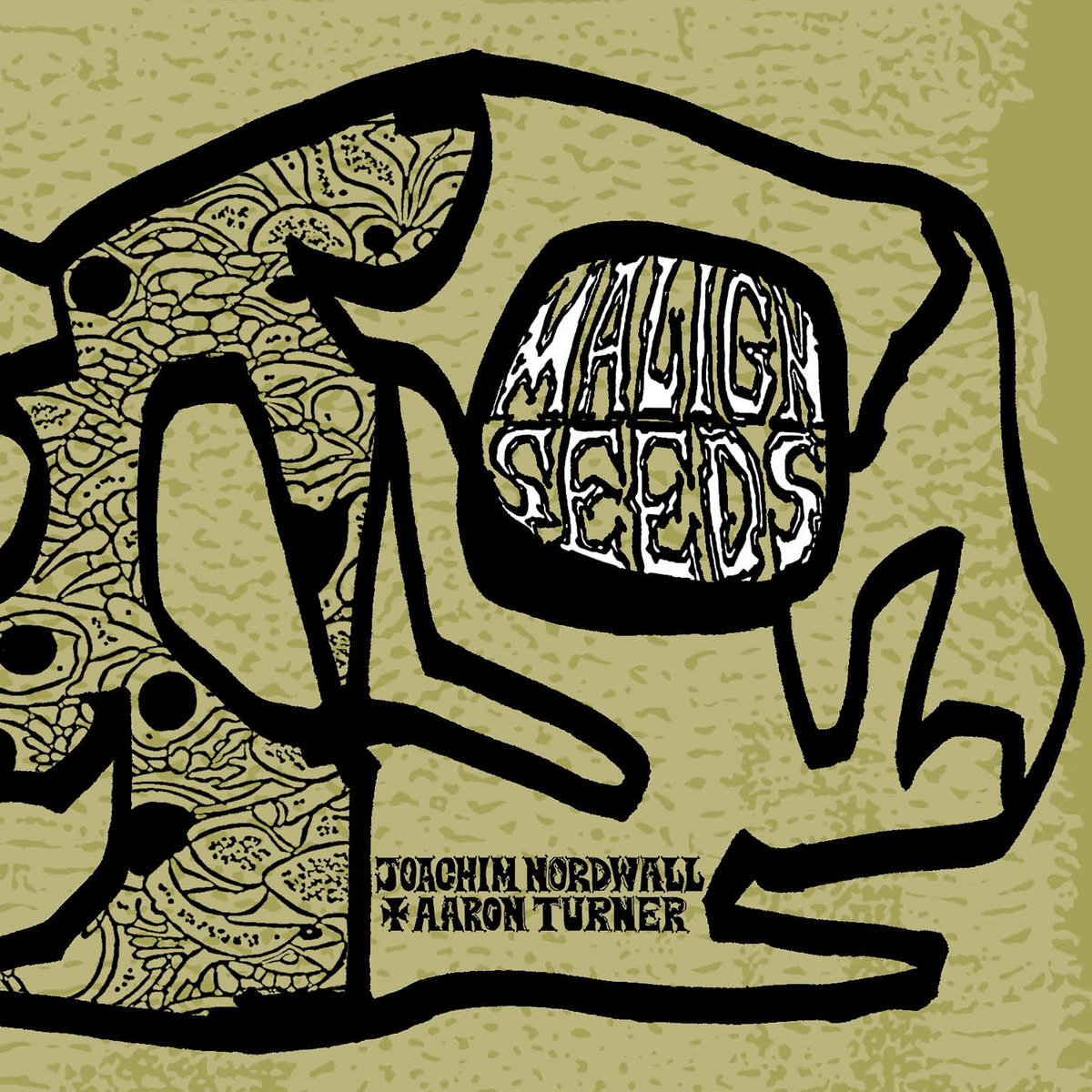Tapir! – The Pilgrim, Their God, and The King of My Decrepit Mountain | Album Review
/Heavenly Recordings
Kyle Field, of Little Wings fame, narrates the opening to each act of Tapir!’s debut album, The Pilgrim, Their God and The King of My Decrepit Mountain. Field and his Little Wings project persist as one of the most enduring outsider indie folk projects of the aughts - outsider, not in the way Daniel Johnston's lo-fi aesthetic was irreplicable, but in the way Jim O'Rourke's sprawling catalog has been canonized by a dedicated few.
Field's presence on Tapir!'s debut record is emblematic, not necessarily of the type of music they hope to make (though the influence is palpable), but of the enamored status Tapir! hope to achieve. The six-piece began playing music during the pandemic, but as they began releasing music in 2022, the bedroom aesthetic they developed stuck around, even as the group expanded their focus towards a precise visual brand. The association with red papier-mâché helmets present in nearly all of the band’s press material was an obvious move towards cementing a trademark symbol. This splashy red iconography was complemented by the flowing green hills and vast naturescapes that persist in the band’s imagery, which they curated over the album’s two-year gestation period.
Tapir!’s first EP, Act 1 (The Pilgrim), was released in 2022 and doubles as the first of three acts contained within their debut. After a remaster of Act 1 and the release of Act 2 in late 2023, Tapir!'s vision finally culminated in The Pilgrim, Their God, and The King of My Decrepit Mountain, the kind of high-concept work that pervaded amongst indie auteurs in the mid-to-late 2000's à la Sufjan Stevens’ Illinois and Joanna Newsom’s Ys. Through their debut album, Tapir! has not only crafted a narrative and aesthetic worthy of such comparisons, but boasts the musical breadth to back it up.
After setting the stage with a brief introduction by Field, Act 1 (The Pilgrim) opens with "On A Grassy Knoll (We'll Bow Together)," which also acted as the group's debut single. Paced snaps of a drum machine play with arpeggiated guitar and light flourishes of pianos, horns, and other woodwinds. Both intentionally and impulsively, the track evokes the wide range of aesthetics developed in the indie music of the late 2000s. Further than its interpolation of LCD Soundsystem's "I Can Change," the exact instrumentation paired with the thump of the drum machine sounds like what would happen if the Postal Service welcomed Jonny Greenwood as a third member.
The record rests upon pristine compositions, bedding youthful lyrics and vocals. Act 2 (Their God) features a rendition of "Gymnopédie," a 19th-century piano composition denoting the classical training that informs the sonic direction of the album. Like many of their London contemporaries, a formal excellence found in the halls of Berklee or the BRIT School courses through many of the band's tracks. Many artists that depend on technical formality deprioritize the soul of their songs, but Tapir! use theory and history to their advantage, evoking aesthetics from chamber music to accentuate their naiveté.
Tapir! primarily rely on straightforward lyrics to paint simple images, but occasionally, they drop slight winks towards a greater grasp of their poetry than they divulge. "Eidolon" is an easygoing guitar number, save for the title itself, a reference to the spirit-image of a living or dead person as conceptualized in ancient Greek literature. Largely though, The Pilgrim, Their God and The King of My Decrepit Mountain is a record that lets its music speak far more volume than the words actually put to page.
The improvement and evolution of Tapir! can be tracked throughout the three acts of The Pilgrim. Between Act 1 and Act 3, Tapir! signed to a label, expanded their resource pool, and picked up a drummer, leaving Act 3 as an incredibly thrilling conclusion to not only the journey of the album but also this chapter of the band.
"Untitled" and "My God" are two of the LP’s tightest tracks, but "Mountain Song" closes out the album in grand fashion, justifying every overreaching concept and larger-than-life visual the record produced in its lifespan. The seven-minute opus begins tense and distant before evolving into a swirling and expansive collage of guitars, strings, drums, synths, and a whole menagerie of voices that move from phase to phase, each grander than the last. “Mountain Song” is indebted to the grand post-rock compositions of London contemporaries like Black Country, New Road and Squid, which are in turn indebted to the immense lineage of post-rock and art rock that came before them. Despite all of its influences, "Mountain Song" places a Tapir!-exclusive naivete on the grandiosity that still feels personal to the band's ethos and taste.
The influences swirling around Tapir! are very clearly present, but they're twisted and spun in ways that still center Tapir! as the man of the hour. As more and more artists harken inaccurately to bygone eras, drawing on influences they don’t understand, artists who were already mimics, and relying on audiences ignorant of history, hearing a band that so assuredly understands the technical, conceptual, and aesthetic depth of their influences is a refreshing gust of wind. Even if the episodic structure feels akin to Sufjan Stevens' Illinois, the chamber instrumentals are incredibly Arcade Fire-esque, and the drum machines could have been bought from a Postal Service estate sale, Tapir!'s virtuosity and strong holistic concepts allow The Pilgrim, Their God, and The King of My Decrepit Mountain to stand mighty and tall on its own qualities.
Benny is the managing editor of STATIC Mag and a freelance writer. If he’s not nose-deep in a book about an over-specific era of music history, he’s probably bumping the dirtiest underground rap hit of the week or the shiniest disco track of the 70s.





